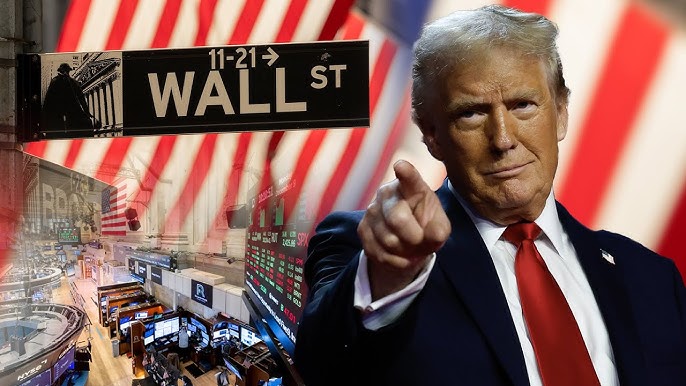Washington DC [US]: Despite a sharp market drop following his sweeping tariff announcements, US President Donald Trump remains confident that his trade policies will boost the economy and attract trillions in investments.
Trump’s Optimistic Economic Outlook
Addressing reporters, Trump dismissed concerns over the immediate market downturn, insisting that the tariffs will ultimately strengthen the US economy.
“I think it’s going very well,” Trump stated, when asked about the stock market drop. “The markets are going to boom. The stock is going to boom. The country is going to boom — and the rest of the world wants to see if there is any way they can make a deal.”
Trump justified the tariffs by accusing other countries of exploiting the US for years, adding:
“They have taken advantage of us for many, many years. We will have six or seven trillion dollars coming into our country.”
Massive Tariffs Spark Global Reactions
The US tariff package, unveiled as part of a “national economic emergency”, includes:
- 26% on India
- 49% on Cambodia
- 46% on Vietnam
- 34% on China
- 24% on Japan
- 20% on the European Union
The tariffs have led to worldwide criticism, with some countries, including China and Canada, already threatening countermeasures.
Market Volatility After Trump’s Announcement
Despite Trump’s optimistic tone, the US stock market reacted negatively to the tariff news:
📉 Dow futures fell 256 points (-0.61%)
📉 S&P 500 futures slid 1.69%
📉 Nasdaq 100 futures dropped 2.54%
Exchange-traded funds (ETFs) tracking major indices also took a hit:
🔻 Dow ETF fell 1.1%
🔻 S&P 500 ETF slid 2.2%
🔻 Nasdaq 100 ETF lost 3%
CNN reported that stocks had closed higher before the tariff announcement, but tumbled in after-hours trading as Trump outlined his aggressive trade policies.
What’s Next for the US Economy?
While Trump insists that the tariffs will generate economic growth, analysts warn that:
⚠️ Retaliatory tariffs from other nations could harm US exports.
⚠️ Higher import costs could increase inflation for US consumers.
⚠️ Market volatility may persist as investors react to trade tensions.


